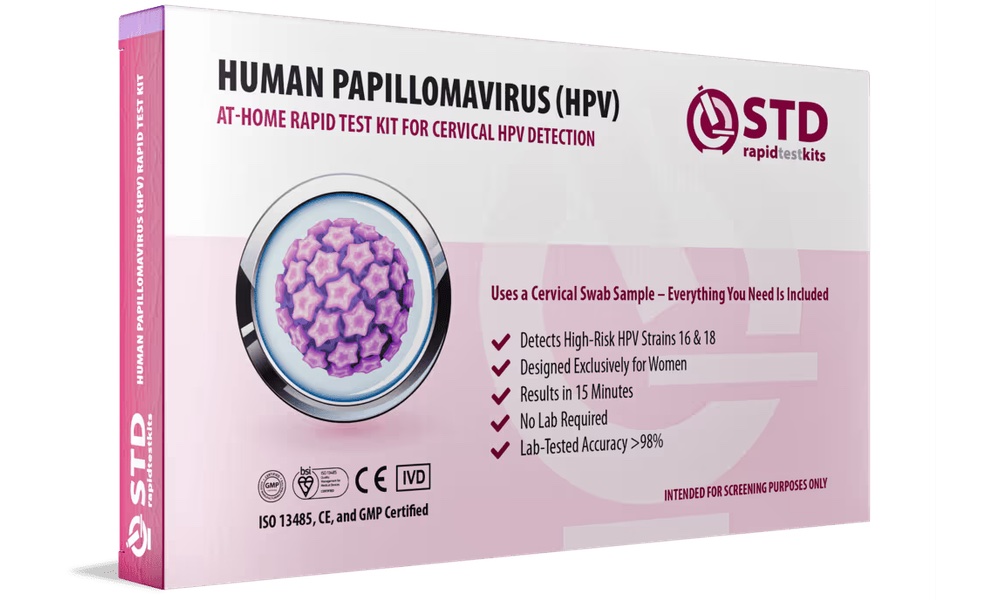A British study has found that asthma pills work about as well as inhalers for relieving the symptoms of asthma.
Asthma pills have been around for some time, but guidelines in both the US and UK haven't considered them a front line treatment for asthma. Inhaled corticosteroids are generally the treatment of first choice. This study suggests that the pills have a wider role to play in asthma treatment.
Patients taking pills also found it easier to stick with them till the end of the trial than patients taking inhalants did.
Based on the patients' own quality of life assessment, the study found that asthma pills were as beneficial after two months of use as inhaled medications were. After two years, participants gave a slightly higher quality of life score to the inhaled medications. Because this difference was small and the pills are easier to take, it's likely that many patients, given the choice, would opt for the pills.
The best way of managing asthma varies greatly from patient to patient. This means that while the pills might not be the best treatment for everyone, they may be useful for many more people than are currently taking them.
The study was a pragmatic trial, designed to compare the effects of the pills to two other types of asthma medications in a real-world setting. It was a two-part study. The first compared the effect of the pills to that of inhaled steroids in patients who were just beginning asthma treatment. The second part looked at patients who needed additional relief beyond what inhaled steroids were providing. It compared the effect of the pills to that of a long-acting asthma inhalant called an LABA as an add-on therapy when used together with the patients' normal steroid medication.
The 650 patients in the trial ranged from age 18 to 80. They were allowed to change medications if they felt the need to do so.
The main measurement was a 15-item questionnaire designed to judge the participants quality of life: the Mini Asthma Quality of Life Questionnaire. Scores can range from 15 to 105, with a higher score indicating a better quality of life.
The researchers say that their findings suggest there is little difference in real-world effectiveness’ between LTRA pills and inhaled steroids as a first-line treatment and between LTRA pills and inhaled LABAs as an add-on treatment to steroid inhalers.
Patients taking pills also found it easier to stick with them till the end of the trial than patients taking inhalants did. Adherence was 65% for those taking pills, compared to 41% for inhaled steroids in the first line trial and 74% versus 46% for inhaled LABAs in the add-on therapy trial.
The study does not show that the pills are a better treatment than other asthma medications. What it suggests is that overall, the pills are about as effective as other treatments. Because all of the medications used in the study may have side effects and because of the variations among individual asthma sufferers, the study seems to point out the need for individualized therapy instead of a one-size fits all approach. It also suggests that, on the whole, asthma pills are underutilized.
The results of the study were published in the May 5, 2011 edition of the New England Journal of Medicine.




